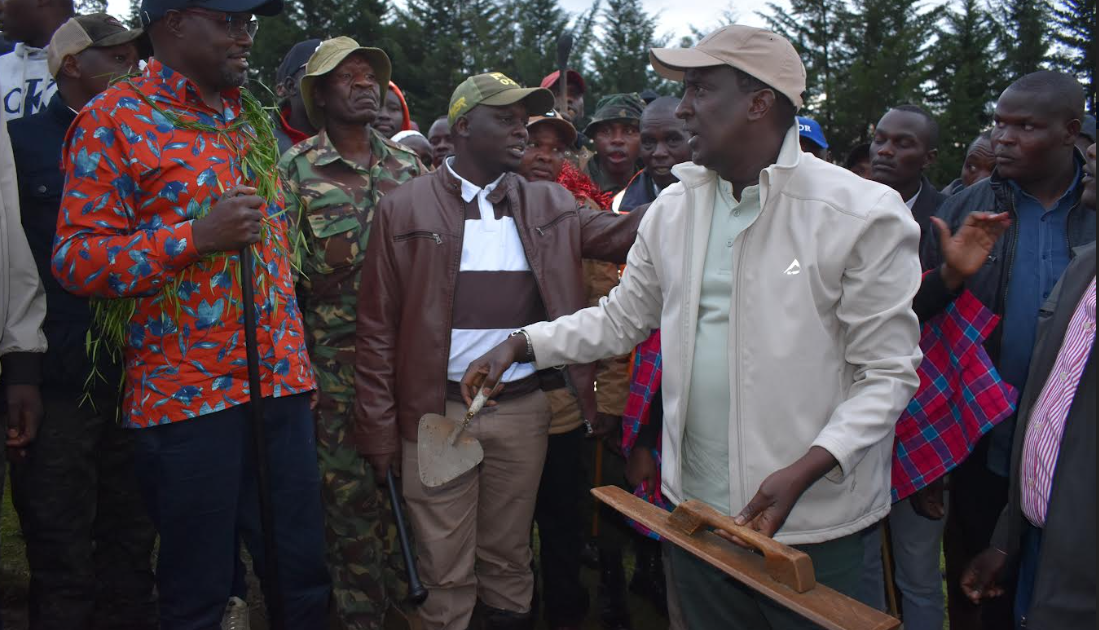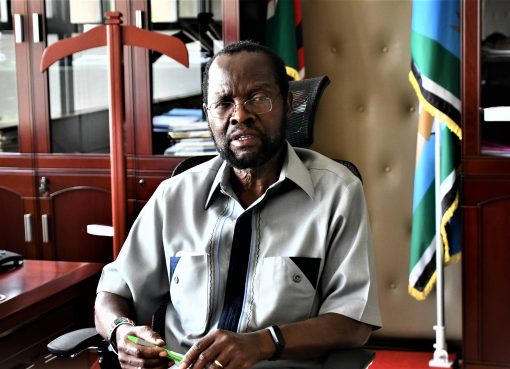The government is on a mission to bring essential services right to the doorsteps of residents, transforming access for communities at the village level.
In a recent milestone event, officials marked the start of construction for a new court and Registration offices in Emurrua Dikirr, Trans Mara East Sub-County, ensuring that vital services are just a short walk away.
These new facilities are set to make a profound difference in the lives of Emurrua Dikirr residents, who would now be able to address legal and registration matters locally, saving them time, travel costs, and the long journeys to other towns.
This move reflects the government’s broader commitment to decentralizing services, tearing down barriers, and empowering communities.
Additionally, new street lighting projects are being introduced to enhance local security, underscoring a holistic approach to infrastructure development.
After laying the foundation stone of the two structures, Narok County Governor Patrick Ntutu highlighted the positive impact of these new services, noting that the court and Registration office would ease the burden on residents who have historically traveled to Kilgoris or Narok for these essential needs.
“The purpose of this development tour is to ensure projects are on track and to listen to the voices of the people. We’ve started, and we must keep pushing forward,” Ntutu stated.
Echoing the Governor’s sentiment, area MP Johanna Ng’eno acknowledged the struggles locals faced in accessing government services.
He described how residents have been forced to bear significant travel costs and time losses just to access services like birth and death certificate registrations.
The two projects will be done through a collaboration between the County and the National Governments, funded through the National Government Constituencies Development Fund.
“This project is a turning point for our constituency, showing the government’s dedication to making services accessible for everyone,” Ng’eno remarked.
Through these new initiatives, the government aims to bridge the service gap for rural communities, fostering a deeper connection between residents and their leaders and promoting growth throughout the region.
By John Kaleke





